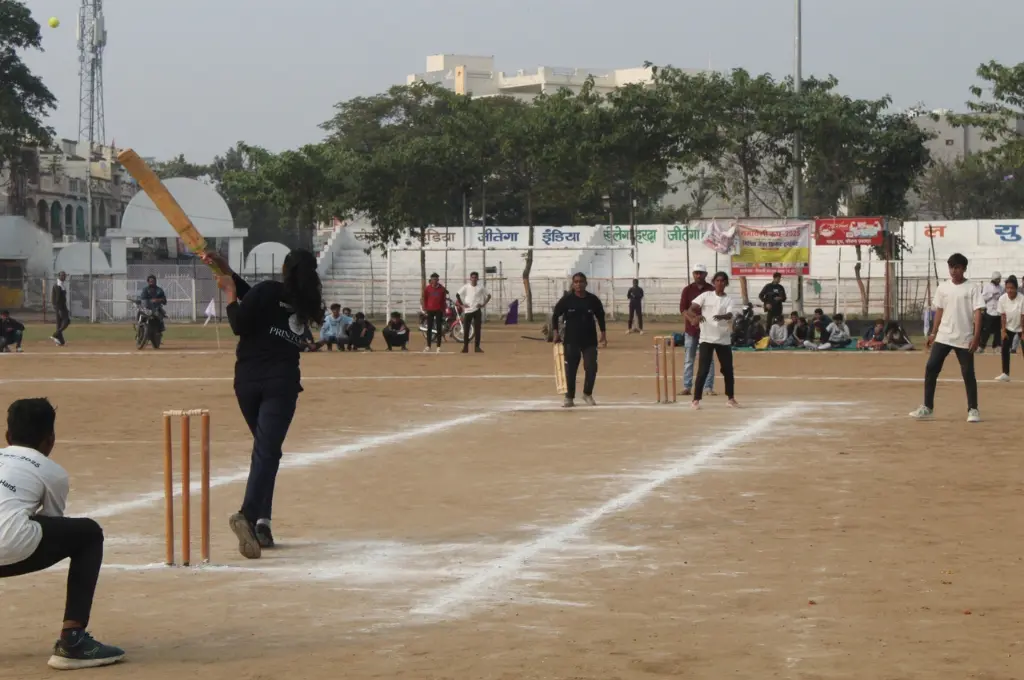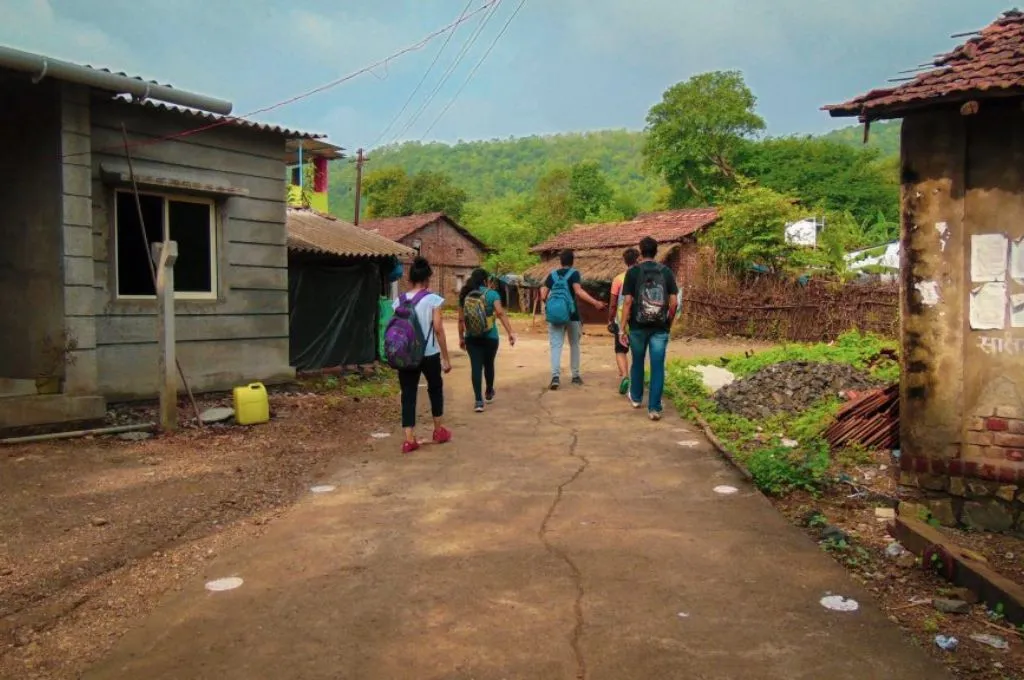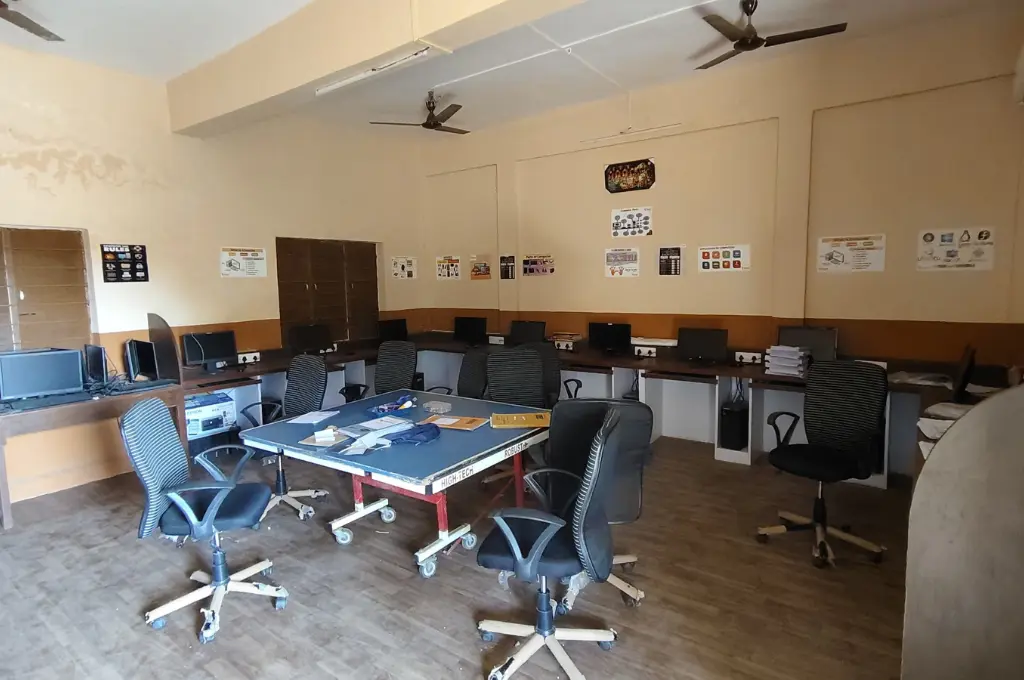The real price of salt
In the otherwise arid landscape of Kutch, there exists a gigantic network of islands and mangrove forests. These forests are the second largest in India after the Sunderbans. As one drives through the coastal region of Bhachau in western Gujarat, the landscape changes from dense mangrove forests to an endless expanse of salt beds within a few kilometers.
These salt beds were once dense mangrove forests—home to abundant marine life and many species of birds, which are now endangered. They protected human habitation from destructive cyclones and also attracted the Kharai camels, a species native to Kutch, that feeds on the mangroves. Kharai literally means ‘salty’ in Gujarati. These camels can swim up to 10 kilometres to reach and feed on mangroves. It is their ability to sustain both on land and sea which makes them truly unique and adaptable to the harsh climate. But as the mangrove forests shrink, due to the ever-expanding industrial production of salt, the Kharai camels and other native species are suffering the consequences.
The Forest Department of Gujarat has acknowledged the destruction and undertaken plantation of mangroves throughout the region. But they refuse to allow Kharai camels to graze, as they think that grazing will destroy the mangroves. What they are missing is the crucial role Kharai camels play in the regeneration of mangroves. Not only do they travel long distances to graze on their favourite feed, they also help in its regeneration by acting as a pollinating agent.
Acknowledging this symbiotic relationship will help the ecosystem, as well as save the Forest Department from spending significant amounts of money on planting mangroves.
Shelly Singh is a social entrepreneur who currently works with the Atal Innovation Mission. This story was originally published on Pastoral Times. Read the full story here.
Pastoral Times is a content partner for #groundupstories on IDR.
—
Know more: Read about how the COVID-19 pandemic can help us understand the interlinkages between ecosystems, wildlife, and people.
Do more: Connect with the author at shellysingh30492@gmail.com to learn more about and support her work.



